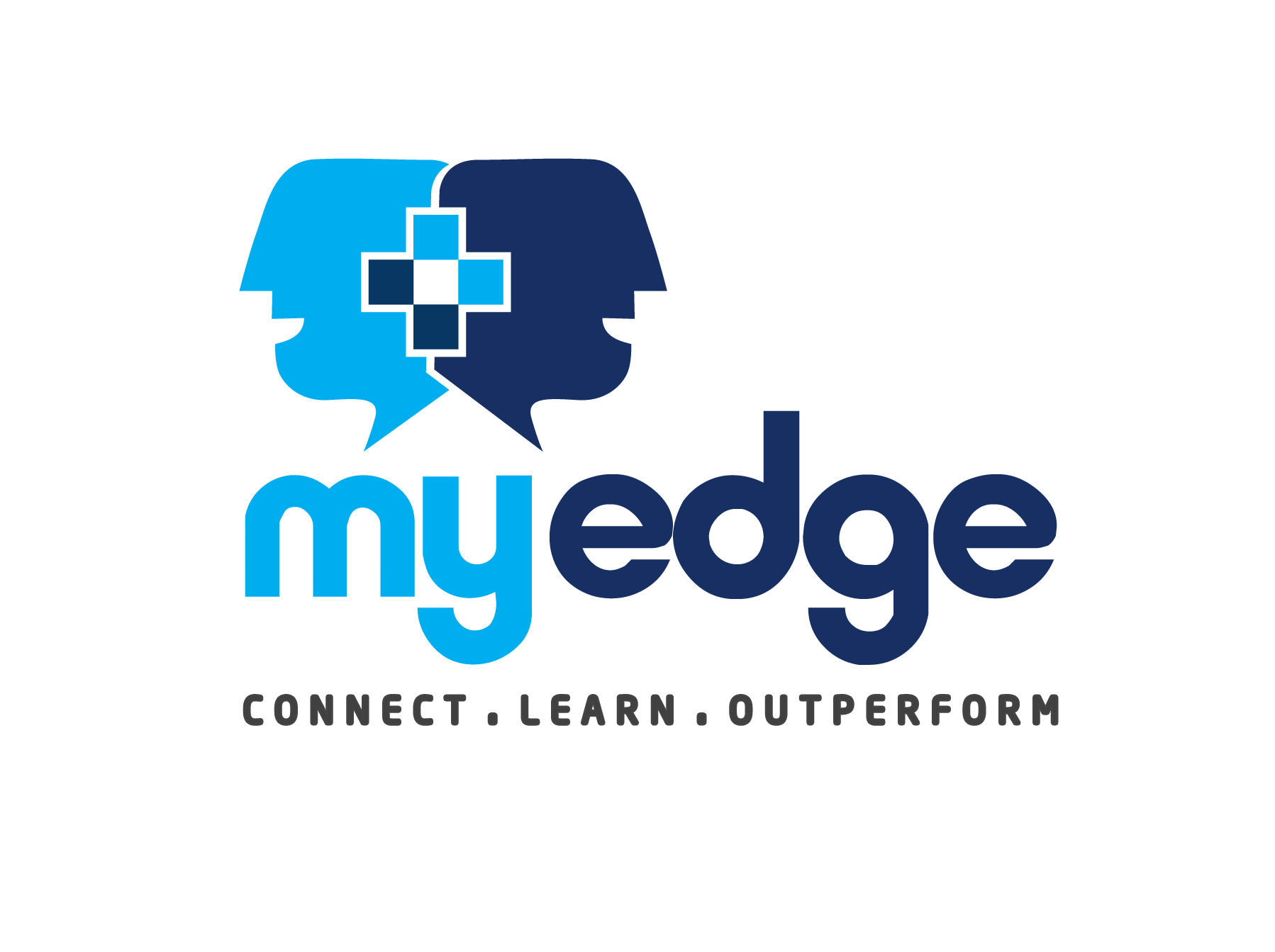With advent of e-learning technologies, the students have been presented with another alternative for improving their understanding of subjects and ultimately improve their grades. Virtual Classrooms & MOOCs have become extremely popular amongst students across the world who now regularly use recorded videos & online course material for referral purposes. Unfortunately, the percentage of students who go on to complete such online courses is low but things are expected to change drastically in the foreseeable future.
Students can take part in these classes from the comfort of their homes, coffee shops, travelling etc. The classes and online courses can be accessed through their computers, mobile phones and tablets. The students can take notes electronically which can have a beneficial impact on the valuable study time whilst avoiding any unnecessary wastage of paper. Environment friendly learning!
Making use of tools for learning
Sharing notes within the study group is easier than before for students through cloud-based tools such as Evernote and the Google Drive. Google Drive not only allows the students to share but also create and edit the course outlines as well. The tools make it easy for the students to access notes, add comments and keep track of all the recent changes. Wikipedia is an important source which students make use of frequently, to look up on a particular topic. They can refer to the works cited by the article for additional resource.
Beyond the physical classroom environment
Apart from engaging in virtual classrooms, students refer to social media sites such as Twitter, Facebook, LinkedIn and MyEdge to connect with experts. They share ideas and resources with individuals who have the expertise in subjects of their choice. Additionally, it is now possible to hold relevant thought provoking conversations across geography virtually. Technology plays an important role in academics today as it provides the students an opportunity to continue learning outside the classroom and make the best of a broader online learning environment.
How conferencing is useful
Few web-based conferencing tools such as Google Hangouts, MyEdge Virtual Classrooms are used by students to converse with experts. Additionally, with Google Handout and Google Docs, the students can share their research findings easily. Virtual Conferencing allows the students to hold team meetings for group projects by interacting with their peers and instructors in real-time.
Adoption of technology
In an online class, it is not uncommon for the students to feel the need of digital content and tutorials. Accessing valuable resources through a click of a button is now possible through websites & mobile applications. Honing specific skills and hobbies has also been made easy with the power of the internet.

